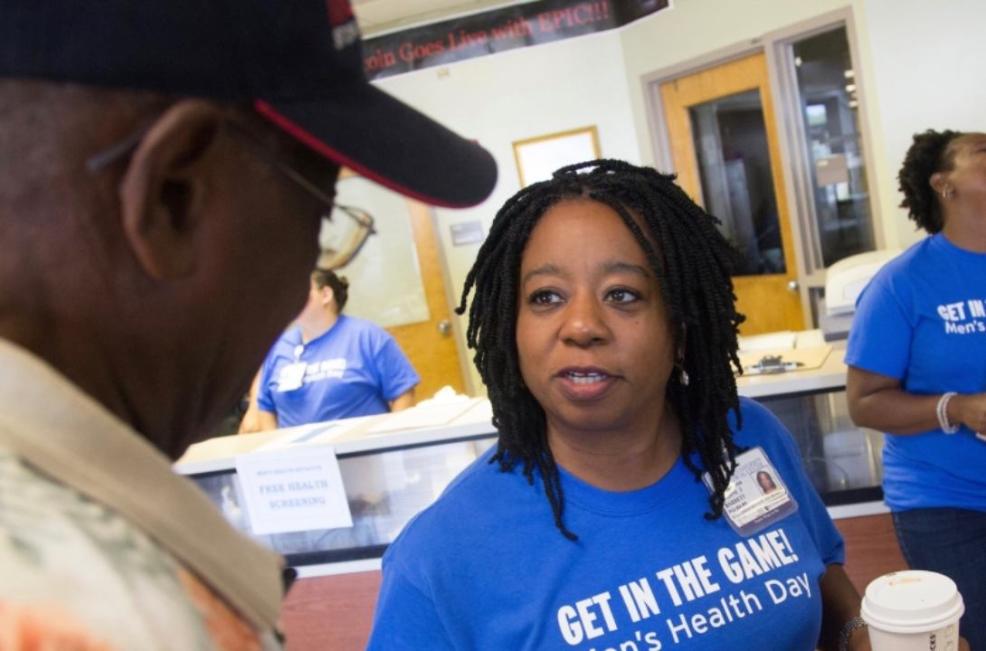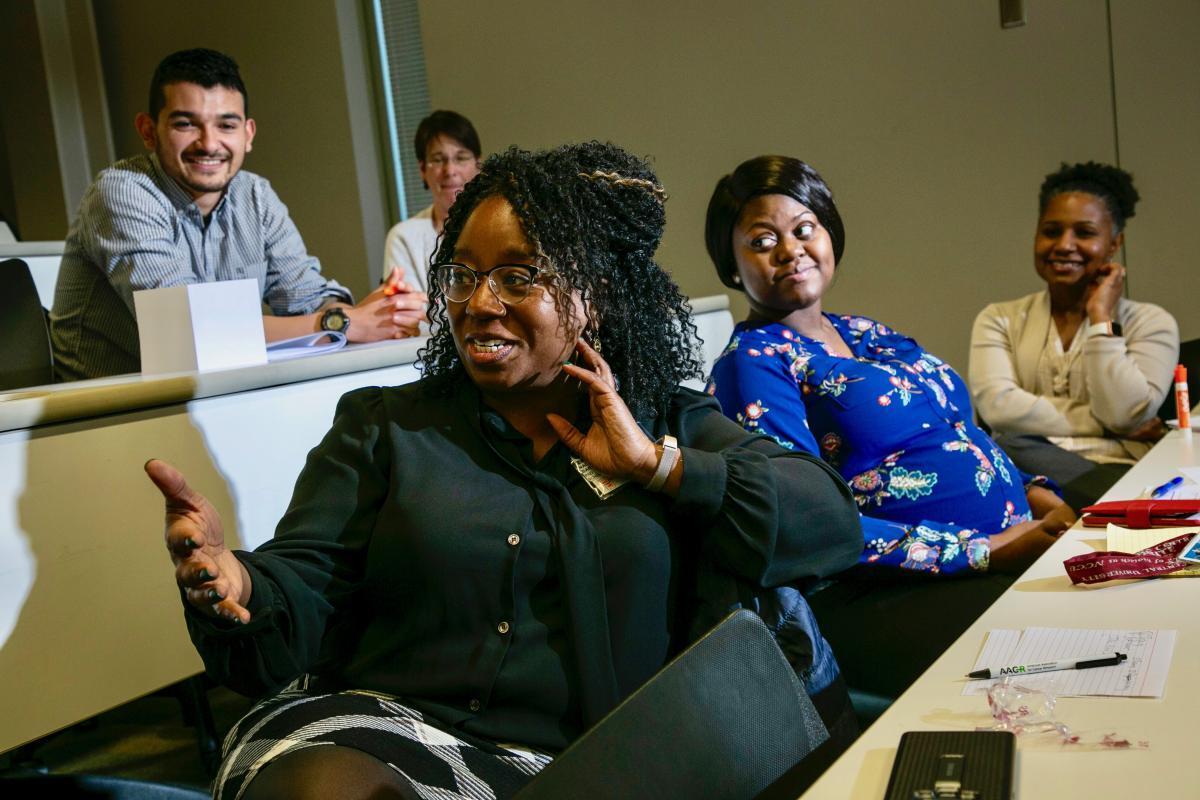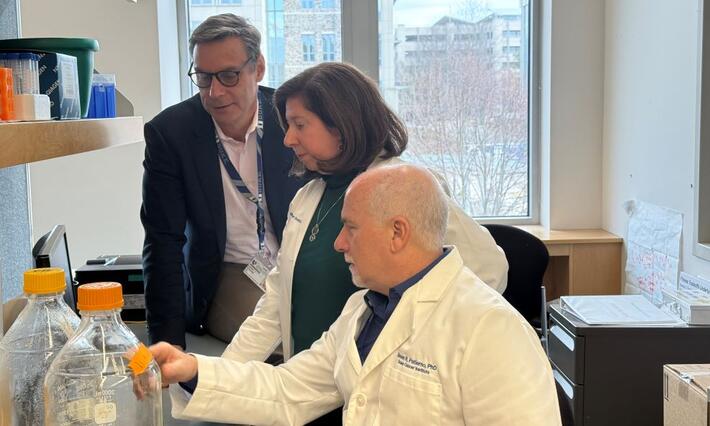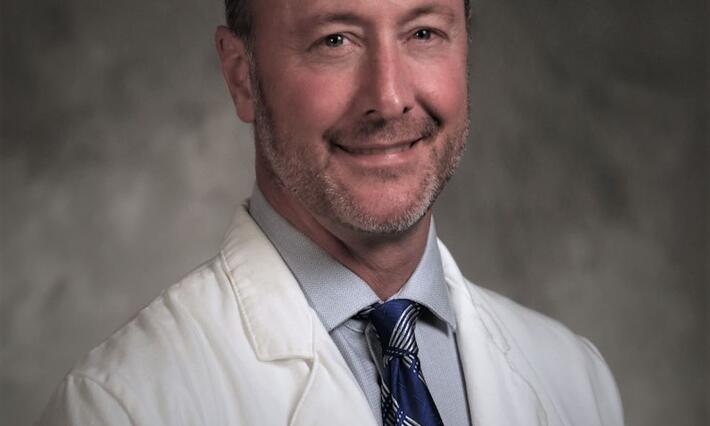When Nadine Barrett, PhD, was 15, she and her mother traveled from their home in Wimbledon, England to New York City and ended up staying; making a home in Brooklyn. They were immigrants seeking “new opportunities to advance their education and career,” Barrett said, and undocumented.
“We lived in Wimbledon, and were of one the few black families in the area,” said Barrett. “I came to Brooklyn and saw so much diversity and a strong representation of black people, essentially, people who look like me in the community. I thought, 'This is fabulous.'”
But the novelty of a new life in America quickly wore off.
Barrett’s mom, who had been a district nurse in England, could not practice in the America because of her immigration status. As result, she had to initially accept low-paying jobs outside of her professional experience, until she received her green card and was able to practice as a geriatric nurse, a career she held for 30 years.
Barrett enrolled in Lafayette High School, which though integrated in the classroom, was far from integrated on the playground — “Italian white students on one side, black and Puerto Rican students on the other.”
With her very strong British accent, Barrett didn’t entirely fit in with either group, she said.
“The black kids didn't like me because of my accent, the white kids didn't like me because I was black,” explained Barrett. “I figured that out very quickly. I became keenly aware of how race, racism, and the social, cultural and political environment in which we live impacts our lives and our opportunities.”
Barrett has traveled far — literally and figuratively — since those days in Brooklyn.
For 20 years, she’s worked to reduce health disparities among historically underrepresented populations by increasing their access to care and research; ensuring that diverse voices and perspectives are included as stakeholders that can influence and improve community and population health, and equipping health systems and researchers with tools, resources, and strategies to effectively engage these diverse populations in the development and full participation in healthcare and research.
About a third of that time has been spent at Duke.






